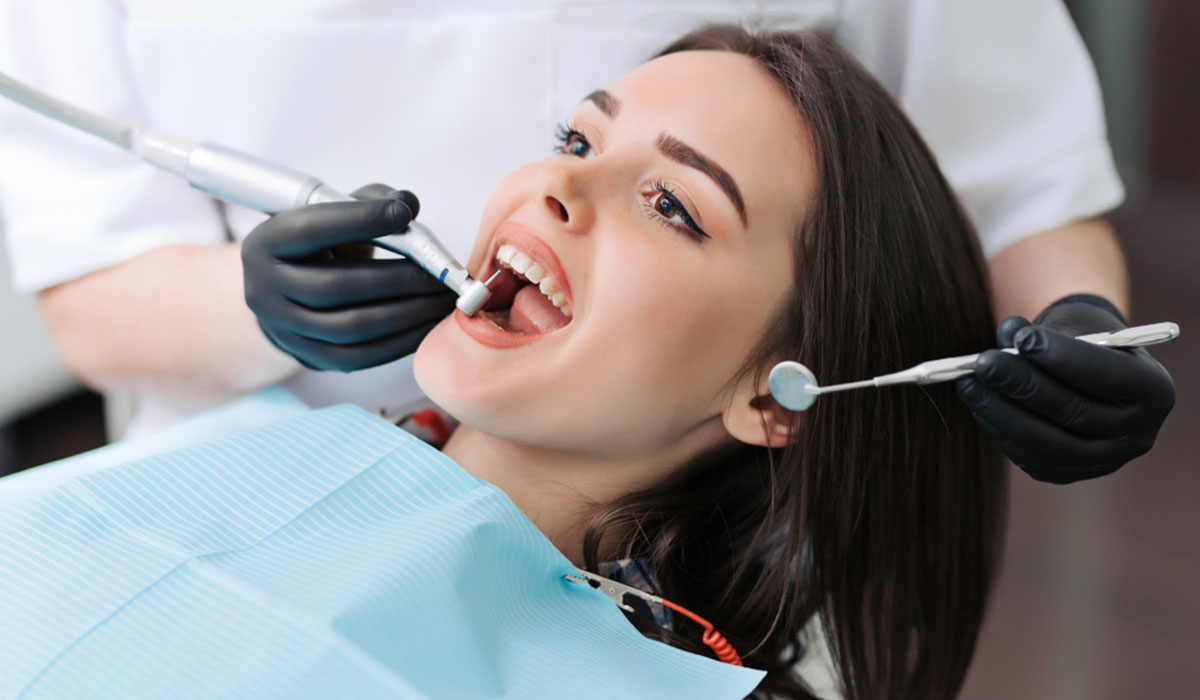A bright, white smile is often associated with confidence and beauty, making teeth whitening one of the most sought-after cosmetic dental procedures. People of all ages desire a radiant smile, but the question remains: is teeth whitening suitable for everyone? Understanding the right age, best practices, and professional recommendations can help individuals make informed decisions. Whether you are a teenager or a senior, it is essential to consider the suitability of whitening treatments before proceeding. If you are looking for professional teeth whitening solutions, Teeth Whitening Dubai Silicon Oasis offers expert treatments tailored to different age groups.
Teeth Whitening for Different Age Groups
Children and Teenagers
Teeth whitening is generally not recommended for children and young teenagers. Since their teeth are still developing, the enamel is more porous and sensitive, which may lead to complications. Most dental professionals advise waiting until at least the age of 16 before considering any whitening treatment. Instead of whitening treatments, teenagers should focus on maintaining good oral hygiene to prevent stains from developing in the first place.
Young Adults (18-30 Years)
This age group is one of the most common candidates for teeth whitening. As individuals enter adulthood, they may seek professional or over-the-counter whitening treatments to enhance their smiles. Whitening treatments are generally safe and effective for young adults, provided they choose professional options supervised by a dentist. Custom trays and in-office laser treatments are preferred methods for optimal results.

Adults (30-50 Years)
Over time, teeth can develop stains due to factors like coffee, tea, red wine, and smoking. Many adults opt for teeth whitening to restore their smile’s brightness. Professional whitening treatments, including laser whitening and take-home trays, can effectively address these concerns. Regular touch-ups and dental cleanings can help maintain the results for a longer period.
Seniors (50+ Years)
As people age, their enamel naturally wears down, leading to a more yellow or dull appearance. While teeth whitening is still an option for seniors, results may vary depending on the condition of their teeth. Older adults with restorations like crowns, veneers, or bridges should consult their dentist before proceeding, as these materials do not respond to whitening agents.
Professional Teeth Whitening Options
In-Office Whitening
This is one of the most effective and safest teeth whitening methods. It involves applying a professional-grade whitening gel to the teeth, often activated by a special light or laser. In-office treatments provide immediate results and are performed under the supervision of a qualified dentist, ensuring safety and effectiveness.
Take-Home Whitening Kits
Dentists often provide custom-fitted trays and professional-grade whitening gel for at-home use. While this method takes longer than in-office treatments, it is still a reliable way to achieve a brighter smile.
Whitening Toothpaste and Strips
Over-the-counter whitening products, such as whitening toothpaste and strips, can help remove surface stains. However, they are less effective than professional treatments and require consistent use to maintain results.
Factors to Consider Before Whitening Teeth
- Dental Health: Individuals with cavities, gum disease, or exposed roots should address these issues before undergoing whitening treatments.
- Restorations: Dental crowns, veneers, and fillings do not whiten, which can lead to uneven coloration.
- Sensitivity: Some individuals may experience temporary tooth sensitivity after whitening. Using desensitizing toothpaste can help alleviate discomfort.
- Lifestyle Habits: Smoking, excessive consumption of staining foods, and poor oral hygiene can diminish the effectiveness of whitening treatments.
(FAQs)
At what age can you start teeth whitening?
Most dentists recommend waiting until at least 16 years of age before undergoing teeth whitening. For younger individuals, maintaining good oral hygiene is the best way to prevent stains.
Is professional teeth whitening safe for seniors?
Yes, professional teeth whitening is safe for seniors, but results may vary based on enamel thickness and the presence of dental restorations.
Can teenagers use whitening toothpaste?
Whitening toothpaste is generally safe for teenagers, but it should be used in moderation. It is best to consult a dentist before using any whitening products.
How long do teeth whitening results last?
Results can last anywhere from a few months to a few years, depending on lifestyle habits and oral hygiene. Regular touch-ups and dental visits can help maintain brightness.
Does teeth whitening work on all types of stains?
Teeth whitening is most effective on extrinsic stains caused by food, drinks, and smoking. However, intrinsic stains (caused by medications or aging) may require alternative cosmetic treatments like veneers.
Are there any risks associated with teeth whitening?
When done professionally, teeth whitening is safe. However, temporary sensitivity or gum irritation may occur, which typically subsides within a few days.
Conclusion
Teeth whitening is a popular and effective way to enhance one's smile, but its suitability depends on age, dental health, and individual needs. While young children and teenagers should avoid whitening treatments, adults and seniors can benefit from professional whitening procedures. Consulting a dentist before choosing a whitening method ensures safety and effectiveness. If you are considering brightening your smile, professional services such as Teeth Whitening Dubai Silicon Oasis provide expert care tailored to different age groups, ensuring long-lasting and radiant results.






Comments